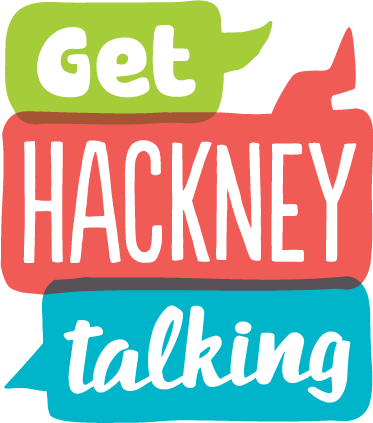World Autism Acceptance Week is a chance for us to highlight the importance of increasing knowledge around Autism as we try to make the world a better place for people with Autism.
Autism is a lifelong developmental disability which affects how people communicate and interact with the world.
To find out more visit National Autistic Society Website https://www.autism.org.uk/advice-and-guidance/what-is-autism
What are the different areas we work in to support Autistic children and young people?

How we support Autistic children and Young People in Hackney provisions.
Every child is different and will require a tailored approach to interventions. We use the SCERTS framework to help us do this. This is a multi-professional and research based approach.
It focuses on building skills in Social Communication (communicating with others), Emotional Regulation (helping the child stay calm and alert) and Transactional Support (how people and visuals support the child to understand and cope with their world and experiences). We tailor the transactional supports within the student’s environment to make the day more predictable, create opportunities for communication and support their emotional regulation.
Some examples of different approaches and interventions we use alongside the SCERTS framework:
- PECS
- Intensive Interaction
- TEACCH
- SMiLE
- Social thinking
- Attention Autism
- The Transporters
- Core vocabulary boards
- Social Stories.
Here are some therapists who work in the Autism team on supporting Autistic children and young people:
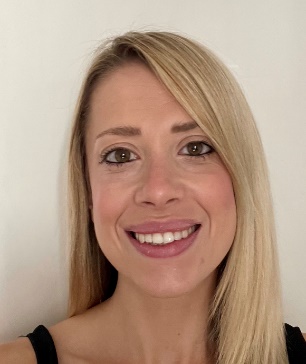
My name is Emma, I’m a Highly Specialist Speech and Language Therapist and I work across the three diagnostic pathways; Complex Communication Clinic, Social Communication Assessment Clinic and the ASD/ learning difficulty clinic. I work alongside the Multi-disciplinary team to carry out the assessment to differentially diagnose Autism Spectrum Disorder. It’s amazing to meet so many unique children and young people talking and playing with them to look at their strengths and needs. It is important to ensure that we are making sure that the right diagnosis so we can support families on their journey in understanding that their child is neuro-diverse and see the world in a different way.
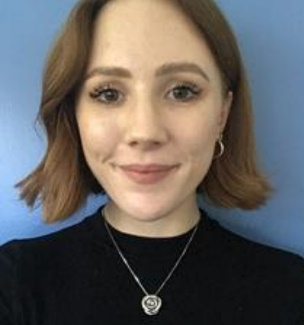
My name is Fran ffrench-Mullen and I am an Early Years Specialist Speech and Language Therapist at Wentworth Nursery School and Linden Children’s Centre. In early years I enjoy working with parents and practitioners to understand each autistic child’s strengths and needs, so that they feel empowered to support the child’s communication every day at home and at nursery. This could range from play-based therapy, to using visuals to support transitions, to setting up AAC systems
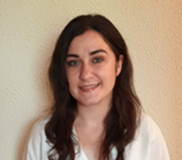
My name is Deirdre. I am an ASD specialist Speech and Language Therapist and I work in mainstream schools. I love being able to support staff with understanding the student’s communication profiles that they are working with and supporting them to adapt and develop their communication skills to support the student in expressing themselves . This leads to the student being able to express their wants and needs and make comments and requests such as ‘I need a break’, ‘I’m hungry’ or ‘I’m happy’. It is amazing to support a student develop those skills and develop a relationship with the staff and peers using a communication style or system that is suited to their needs.

My name is Leah, I am an ASD specialist speech and language therapist and work across two special schools in Hackney. In Special Schools, I love supporting Autistic Young People to work towards functional goals that they have identified. This could range from asking for help in a shop, ordering food in a cafe or feeling more confident in initiating and making friends at college.
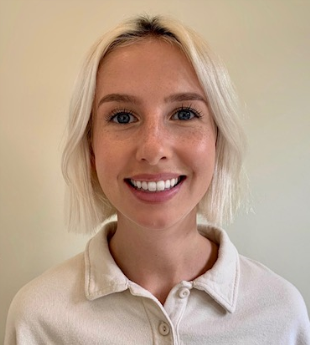
My name is Amelia and I’m a specialist Speech and Language Therapist working in Autism Resource Provisions (ARP). I love working with children with ASD because every day is interesting, full of surprises and a lot of fun! I try to make therapy sessions as engaging as possible and centred around each child’s interests. One of the best bits of my job is seeing the progress that children can make with the right support. For example, when a child starts to talk in sentences using a Core Vocabulary Board.
